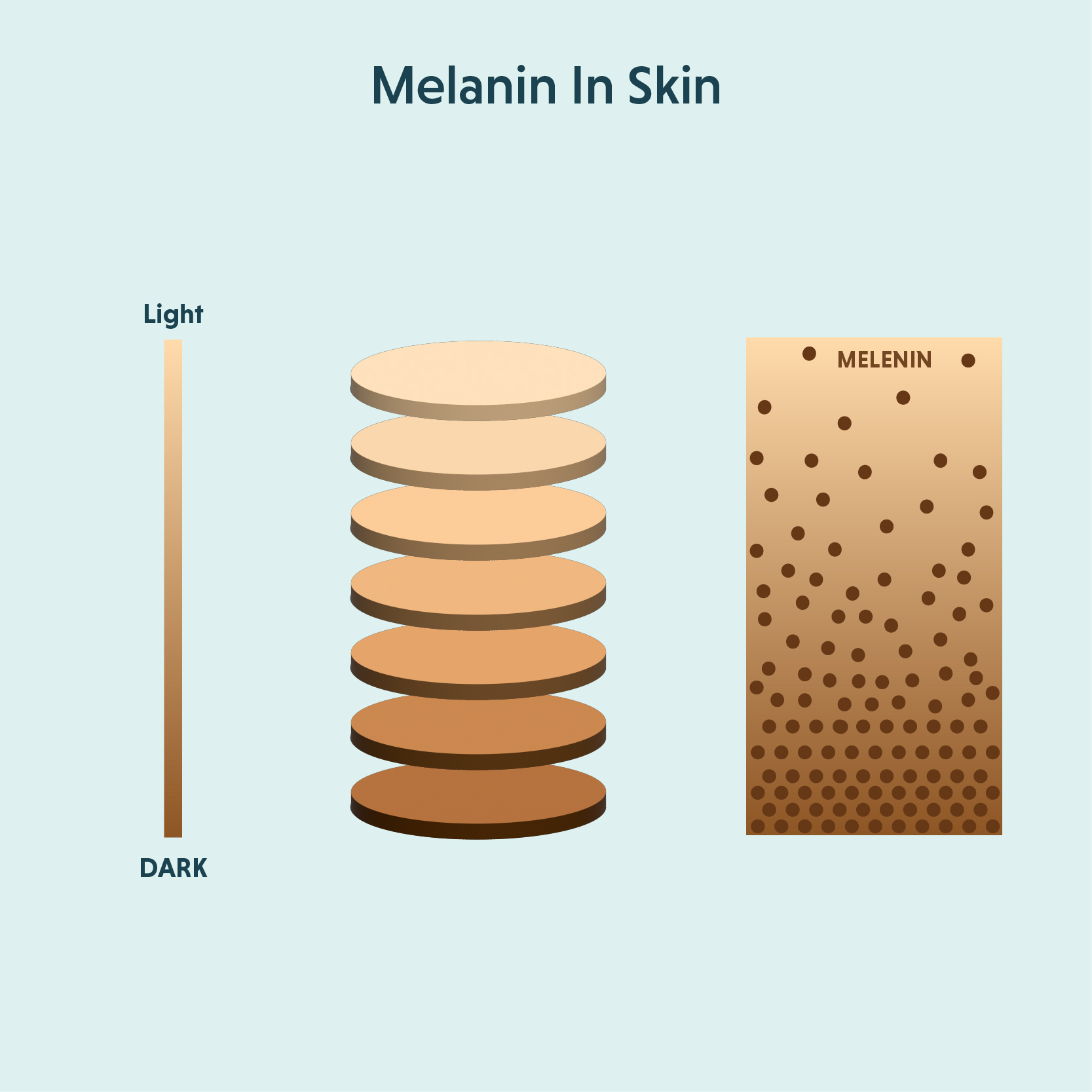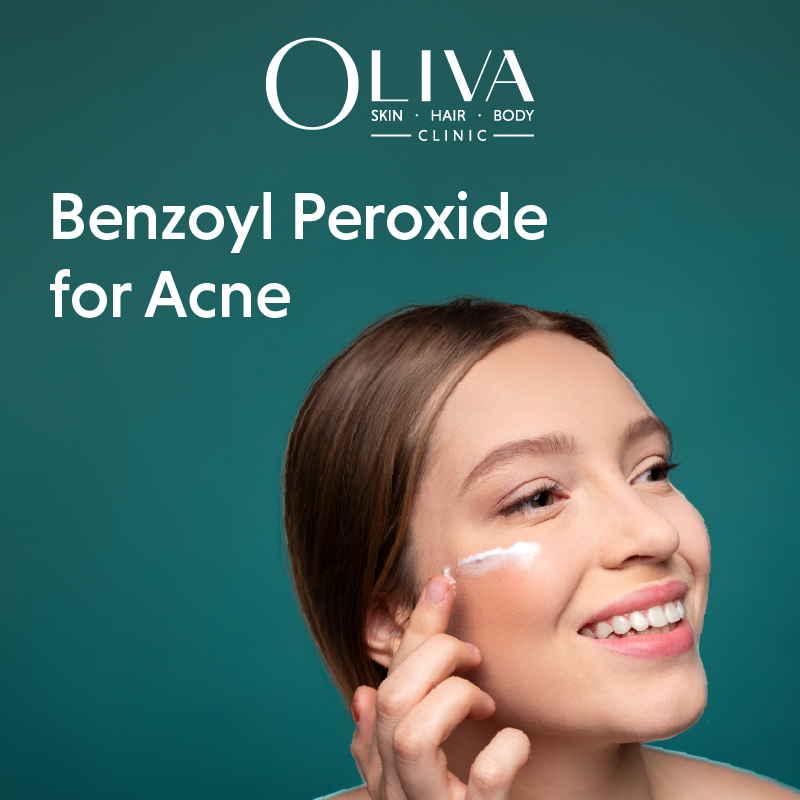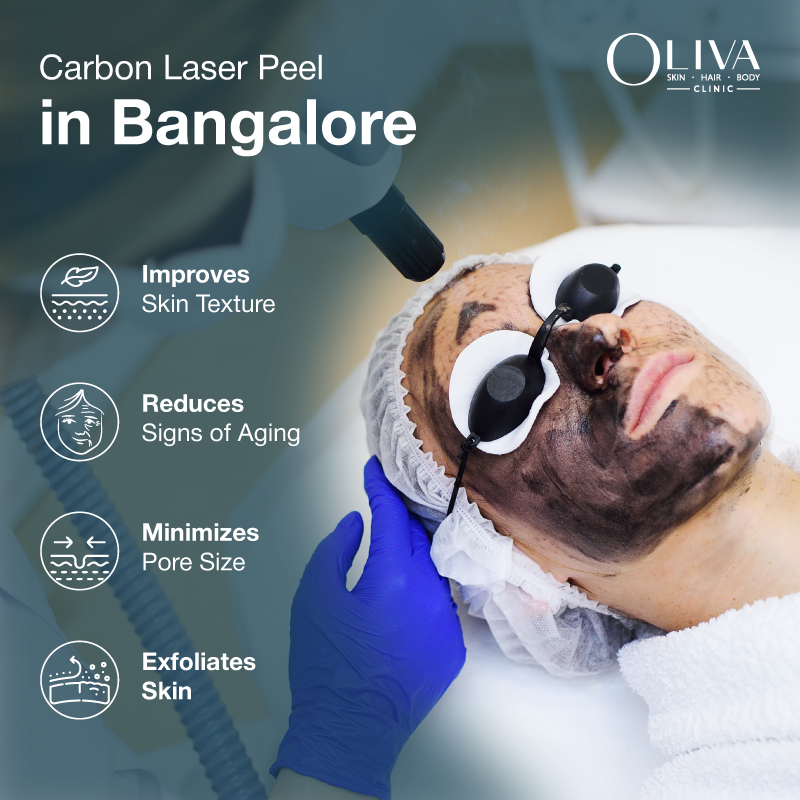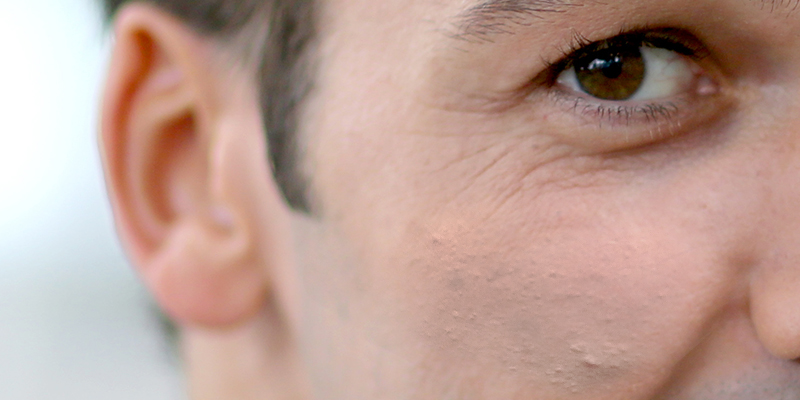Table Of Content
Foods That Cause Pimples: Know What Foods To Avoid For Acne
Acne is a common skin problem which affects millions of people all over the world. The causes of acne often revolve around genetics, hormones and lifestyle, but diet is most commonly overlooked. There are certain foods which worsen acne and make skin filled with pimples. Here, we will be talking about the food that causes acne, foods to avoid for acne and some tips for those who have acne-prone skin. If you are seeking a list of foods that give acne, we will help you ensure your diet complements clear skin. [1]
Table Of Content
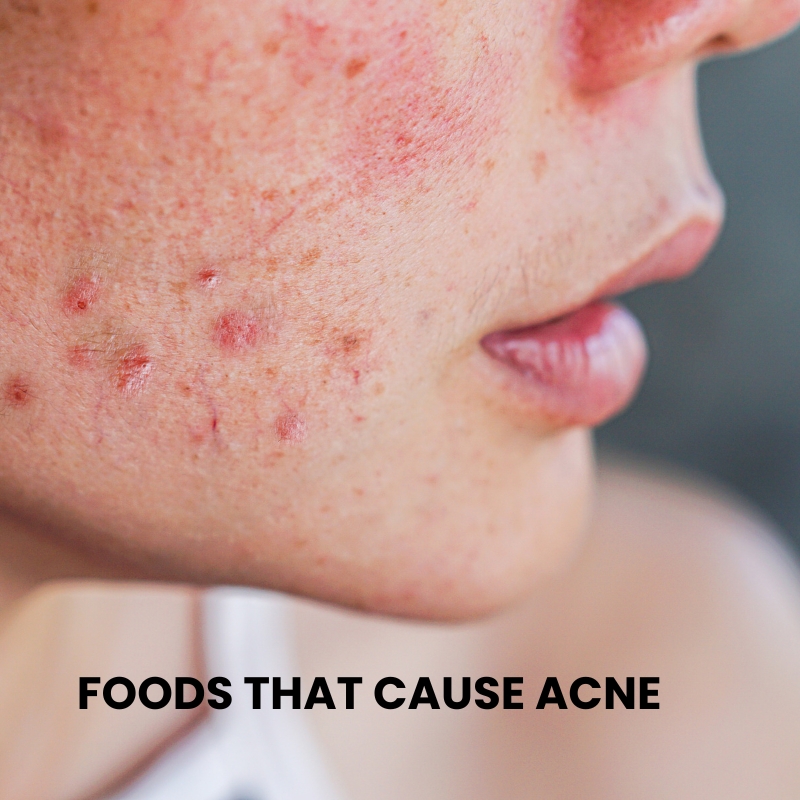
How Does Diet Affect Acne?
So, what we eat has a lot to do with creating and growing acne. Indeed, some foods can influence hormone levels, inflammation and sebum production three primary factors that contribute to acne. High glycemic index foods can elevate blood sugar levels, which may, in turn, cause additional insulin and androgen secretion. [2] This causes the production of sebum and clogged pores. Acne-causing diets are based on unhealthy fats and greasy ingredients, which are likely to increase acne along with inflammation. [3]
Foods that Cause Pimples:
The understanding of the type of food that could give you pimples is one way to control your acne. The usual suspects and their effects on the skin.
-
Dairy Products:
Dairy changes hormone levels in the body, which plays a key role in acne formation. There are hormones and growth factors in milk that will increase insulin. These hormones stimulate sebaceous glands to produce more sebum, which later can clog pores and cause pimples. Others may also react to atypical proteins in dairy items, which might initiate an inflammatory response and cause worse acne signs. [4]
-
Sugar:
Sugar causes blood sugar spikes, which in turn prompts increased insulin production and leads to pimples. Elevated insulin levels lead to sebum production and inflammation, which cause clogged pores leading to pimples. Limit the intake of high sugar foods such as candy, pastries and sweetened drinks to reduce breakouts.
-
Pastries:
Since baked items are full of sugar and refined carbohydrates, they can cause blood sugars to rise and your body will produce more insulin. This can lead to an overproduction of sebum and inflammation causing acne. Extra fat in baked goods also can exacerbate acne.
-
Red Meat:
High amounts of saturated fats in red meat result in increased inflammation and, hence, acne. Additionally, hormones found in many meats will have the same result of throwing off your body’s natural hormone balance, leading to breakouts. Reducing red meat and switching to leaner sources of protein may also reduce breakouts.
-
Greasy Food:
Greasy food items can result in oily skin and blocked pores, both of which could possibly be well suited for pimple generation. This means more oil from fatty food equals more sebum production, and thus acne. Avoid things like fried chicken or anything else that is deep-fried so as to also aid in keeping skin clear.
-
Fatty Foods:
The food which is very fatty in nature may raise body inflammation and this can cause acne. High-fat and high omega-6 rich foods might lead to elevation of certain hormones, altered sebum output and the pores get blocked resulting in acne. Better choices in fats, for instance avocados and nuts may help suppress symptoms of acne.
-
Omega-6 Fats:
The Omega-6 fat found in vegetable oils and processed foods can contribute to inflammation within your body. The fats in omega-6 can throw off the balance of your other useful types of fat, known as omega-3 fats and cause acne to flare up. Eat flaxseed and fish for balanced fats to reduce inflammation and improve your skin health.
-
Salt:
Salt leads to water retention and bloating, which will make the acne even worse. Eating too much salt increases inflammation, which is best avoided because that will generate more acne. Eating less salt and, therefore, staying away from processed and packaged foods are ways to control acne.
-
Chocolate:
Due to sugar and fat, chocolate has been linked with acne. The ingredients found in chocolate bars can boost inflammation and sebum production that can lead to acne. Opt for low-sugar dark chocolate to reduce acne risk. [5]
-
Fast Food:
Because it is so high in unhealthy fats, sugar and refined carbohydrates, it becomes another contributor to acne. These make pimples happen as they hike up the inflammation level and upset hormones. Eating well home-cooked food could lead to clearer skin. [6]
-
Processed Carbohydrates:
When blood sugar levels increase, insulin production also increases to keep those two in a stable relationship. Processed carbohydrates will dry out your pores and cause even more sebum – ultimately contributing to blocked off pores and breakouts.
-
Fried Food:
Fried food is packed with unhealthy fats and these can pump up inflammation in the body. When you fry food, sometimes they get too absorbent of oil and can promote oily skin and acne induction. Avoiding fried foods and choosing smarter ways of cooking, such as baking, roasting, or grilling, can help to control acne.
-
Spicy Foods:
Inflammatory foods, like spicy dishes can cause inflammation in the pores and propel blood to flow therefore flaring a persistent acne. Less spicy food intake may reduce the number of acne breakouts.
-
High GI Foods:
High GI foods increase insulin production as the body needs to reduce blood sugar. It can also make the skin produce more sebum, which in turn clogs pores and develops acne. Consuming foods such as whole grains and leafy greens with low GI values can assist to ensure your blood glucose is stable and reduce the chances of breakouts.
-
Refined Grains:
Refined grains will elevate your blood sugar as more insulin is produced. This can result in overproduction of sebum and cause your pores to be blocked, triggering breakouts. What can also help regulate acne is adding whole grains with less refined grains to your diet.
-
Whey Protein Powder:
Whey protein can drive androgen levels and insulin high, which causes excess sebum production and acne. In addition, whey protein can be well-tolerated by some individuals but, on the other hand, exacerbates acne for others. By introducing a plant-based protein, you lower the risk of acne. [7]
-
Dessert:
Sugary and high fat foods, like candy bars, inflammatory fats that are often found in regular chocolate bars (but not dark or raw versions) can all make acne worse by increasing inflammation levels and disrupting hormone balance. These parts can prematurely produce extra sebum that leads to hindrance of the skin pores.
-
Junk Food:
Many junk meals are packed with the forms of unhealthy fats and sugar a sure-shot way to make your acne worse. These factors can increase inflammation and hormonal disruption, which can lead to acne. Eating healthier snacks and reducing the junk food intake can keep your skin clear.
-
White Bread:
Modern white bread, for example, raises your blood sugar very fast and requires the generation of too much insulin. This could actually push more oil into your skin and clog up pores with the result of worsened acne.
Drinks That Cause Acne:
Triggering drinks can raise the chances of acne and breakouts. A few offenders are:
-
Alcohol:
Alcohol can possibly cause acne due to hormonal imbalance, inflammation or skin dehydration. It raises blood sugar and insulin levels: the extra production of oil may clog pores. Additionally, alcohol weakens the immune system, curbing the body’s ability to fight against acne bacteria and inflammation. Plus, alcohol dehydrates the skin so it starts to produce more oil in order to compensate for that and this can also cause breakouts.
-
Caffeine:
Caffeine increases the body’s levels of stress hormones, which can trigger acne. Remember, caffeine extracts water from the skin, causing even more oil production and clogging of pores. Cutting down on your coffee and caffeine intake can keep those pesky acne signs at bay.
-
Energy Drinks:
Sugar, and caffeine are found in energy drinks both can contribute to acne. They can increase inflammation, disrupt your hormonal balance and lead to acne. Switching to healthy natural energy sources can reduce the risk of acne.
-
Coffee:
Thanks to its caffeine, coffee can cause acne by increasing stress hormones in the body. Also, the sugar and milk added to coffee may cause acne. Drinking black separated beans and reducing the amount of sugar and milk in your coffee can help you control symptoms of acne.
Takeaway:
To maintain clear and healthy skin, it is important to understand the close relationship between diet and acne. By including foods to avoid for acne and being mindful of the foods that cause acne, you can extract great health benefits, especially better skin condition. Focus on a balanced diet and make informed food choices in order to maintain overall health. What works for one person’s skin may not work for another because everyone’s skin type is different. If you are dealing with severe or persistent acne, consult with an experienced dermatologist for a personalised and effective treatment. Achieving clear skin and a healthy lifestyle becomes easy if you have a holistic approach to skincare and make the right dietary choices. [10]
Frequently Asked Questions On Foods That Cause Acne
Grease in food could possibly lead to an increase of sebum in the skin, which can clog pores and result in breakouts.
Yes, the fats contained in them are also unhealthy, and they further fuel inflammation, which exacerbates acne.
Back pimples can be caused by foods high in sugar, such as unhealthy fats and dairy products.
Most foods of concern are high GI (like sugar), dairy, and sweets.
Yes, food allergies can result in inflammation and exacerbate acne.
Overconsumption of sugar, unhealthy fats, and dairy is known to cause pimples and oily skin as well.
Yes, in certain individuals, spicy food can trigger inflammation and worsen acne.
Oily food causes clogging of pores with sebum, making it a breeding ground for pimples.
Diet affects your hormone levels, inflammation and production of sebum which are major contributors to acne. [8]
Fermented foods could help some people but may cause acne in others.
For some people, eating sour foods may get the skin irritated and cause acne.
Antioxidants, omega-3 fatty acids, probiotics, water-rich foods, Vitamins A and E, as well as zinc are hero ingredients in foods that reduce acne. [9]
History


